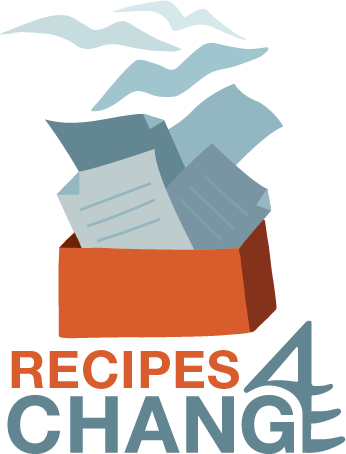“𝘐 𝘧𝘦𝘦𝘭 𝘭𝘪𝘬𝘦 𝘐 𝘥𝘰𝘯’𝘵 𝘣𝘦𝘭𝘰𝘯𝘨.”
“𝘐 𝘧𝘦𝘦𝘭 𝘭𝘪𝘬𝘦 𝘐 𝘥𝘰𝘯’𝘵 𝘣𝘦𝘭𝘰𝘯𝘨.”
The statement above is often shared by some of my international clients who are living and working in a different culture to their own. On the one hand those experiences can be an opportunity for growth. However, on the other hand, depending on your childhood, they can also feel like rubbing salt on an open wound. A repetition of what was endured before.
As a black child growing up in Lebanon, I looked different, not only from members of the society at large but also from members in my own nuclear family. I faced racism which further drove the message that I did not belong. No matter how hard I tried the message that I did not fit in persisted.
As an adult I ended up leading an international life and I took my inner need to belong everywhere I went. I found myself having to repeatedly adapt and try to fit in within groups in different countries and different cultures. My efforts and hard work to fit in and belong sometimes left me emotionally exhausted. Having to constantly adapt to those changing environments meant that I no longer knew who I was. The most painful was witnessing my children grappling with their own sense of belonging.
The reality can be further complicated if you find yourself in multicultural groups, whether in a family setting or at work. What are the rules around belonging in such systems, and who defines them?
Our sense of belonging starts at birth in the families that we are born into. We unconsciously carry those early experiences within us and they impact the rest of our lives. The feeling of not belonging might be old and gets re-enforced by present day experiences where you are treated like an outsider; where you get the message, “That’s not how things are done here.”
So, you adapt, perhaps even over-adapt, a pattern of behaviour that you learnt as a child, and in doing so you lose your authentic self in the process.
In the past, experiences that left me feeling like an outsider, caused me a lot of pain. After my years of therapy and re-training to become a coach and counsellor, I gained amazing insights into my personal journey and integrated a wealth of knowledge that helped resolve those deep patterns and dynamics from my childhood.
My personal experience, combined with my learnings, creates a great resource. This allows me to be a coach and counsellor who can support my international clients to explore, and become aware, of the connection between their painful childhood experiences, and the pain and lack of belonging they are experiencing in the present. Sometimes that awareness on its own can bring relief, and in some cases perhaps more deep work and healing might be necessary.
We can’t change what happened to us, however we can choose what to do with what happened. We can choose to sit in pain or turn pain into purpose.







